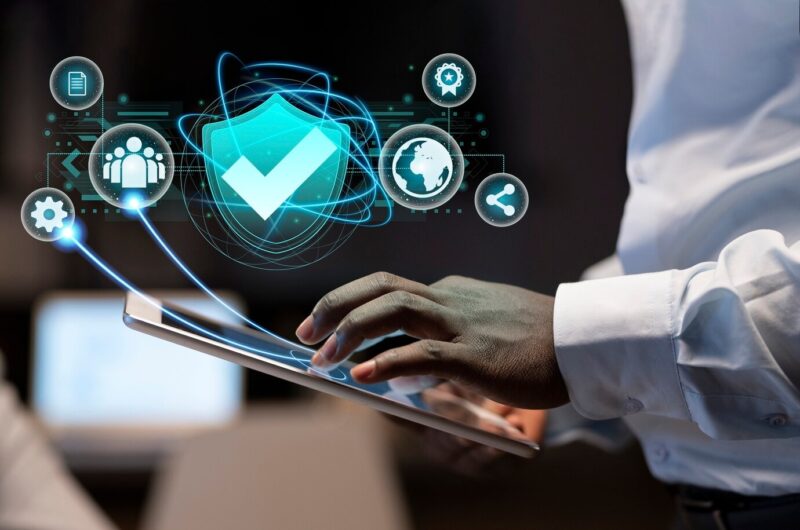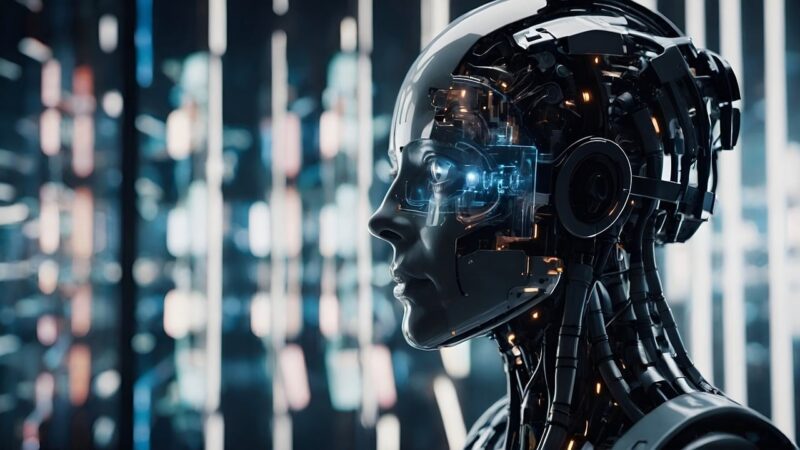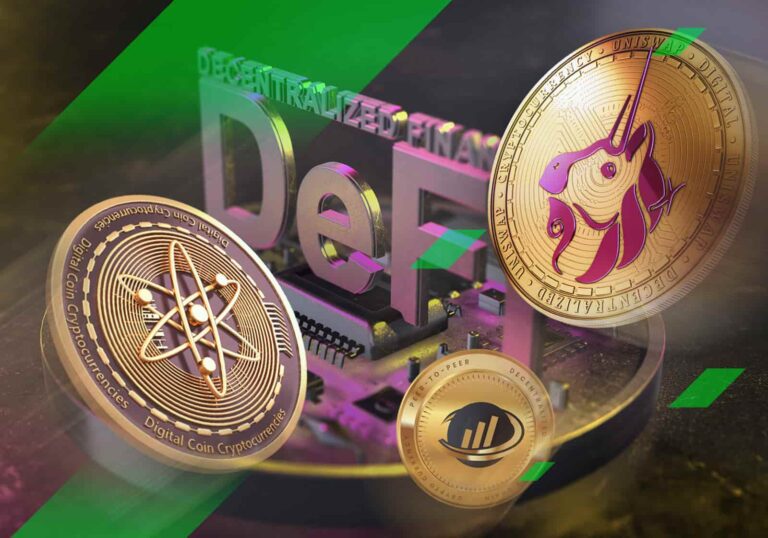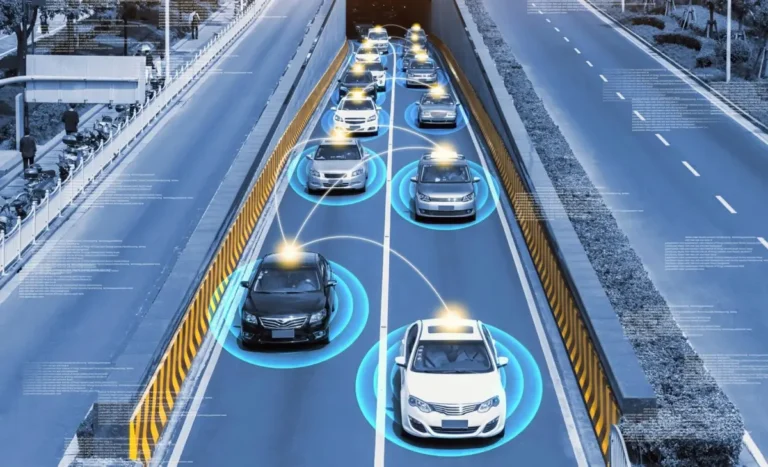When you think of artificial intelligence, you might imagine hi-tech robots and other sophisticated, futuristic machines. But AI is already around us and is much more subtle in its appearance – at least it is for the present moment. It might come as a surprise that the world is currently experiencing an AI revolution. But how exactly is AI technology used around us?
1. Healthcare
AI is revolutionizing healthcare. From AI programs that help secure private medical records against cybercriminals to robot-assisted surgery, artificial intelligence is transforming the healthcare landscape.
At present, AI is being used to create state-of-the-art machines that are able to detect and identify diseases, such as cancers, much more accurately than humans. It can also utilize current and historical medical and laboratory data to assess chronic health conditions to enable earlier diagnosis.
But further uses of AI technology in the healthcare setting are also in development. Scientists are currently researching how artificial intelligence can be utilized to assess large volumes of medical data and determine patterns. It is anticipated that this could help to improve patient diagnostics and lead to new medical discoveries.
One example is an AI-powered software that has been developed to answer 911 calls and claims to recognise medical emergencies, such as heart attacks, much faster and more efficiently than a human call dispatcher.

With heart disease having been the leading cause of death in the United States for more than 60 years, this technology would certainly be of huge benefit. Meanwhile, over in Europe, the EU is funding a company to develop a tailored multilingual text and search service to assist patients in finding medical information most relevant to them.
The healthcare sector struggles with high demands, high costs, and inefficient processes, but AI can help to alleviate all of this. By using AI-powered virtual assistants, the healthcare industry can help reduce unnecessary hospital visits, thereby giving essential medical workers, such as nurses, more time to spend caring for patients.
Furthermore, AI is allowing pharmaceutical corporations to research and develop life-saving drugs and medical treatments in a fraction of the time and cost that it usually takes. An example is the Japanese company Takeda, which has been using AI technology in its research and development of vaccines and new medicines.
Another company, Atomwise, has helped in tackling some of the world’s most significant and challenging health issues, such as multiple sclerosis and Ebola, by applying AI and machine learning. Atomwise’s use of AI technology via their AtomNet drug discovery software is helping chemists discover medical treatments much faster than ever before.
2. In The Home

If you have ever told Alexa to play your favorite song or instructed a Roomba to vacuum your living room, then you’ve already interacted with AI in the home. AI technology is becoming more and more normal within the home environment, with the likes of Siri and the previously mentioned Alexa, now accepted as a part of everyday life.
But there is much more that AI is used for in the home that you might not be aware of. Those personalized content recommendations you see on streaming platforms such as YouTube use AI software to create a tailored user experience for you. Also, when you’re checking a navigation app, such as Google Maps, AI software is at work.
Leisure activities in the home, particularly gaming, are also being revolutionized by AI. Machine learning solutions can be used to predict player behavior and to create more effective non-player characters that interact in a more human-like manner.
These AI-powered features can enhance the gaming experience, whether the user is engaged with casino games such as live roulette (click here to see for yourself), a survival horror like Resident Evil, or a role-playing series, such as Grand Theft Auto.
We all know how frustrating it can be when we misplace something, but AI in the home has now been developed to locate lost possessions. Items such as Bluetooth earbuds can be located by smart assistants, which can often respond to a user’s voice.
Subsequent digital assistants can be accessed through most smartphones and modern digital devices. Siri, for example, is Apple’s smart assistant and makes use of AI technology in everything it does, from setting digital reminders and timers, to making calls. Samsung, Apple’s biggest rival, has its own version of this technology with its Bixby virtual assistant.
Bixby is available on most modern mobile Samsung branded devices, such as phones and tablets, and is also accessible via other appliances such as smart refrigerators. Its use of AI tech allows for numerous useful features, such as voice recognition.
Another tech giant, Microsoft, has also got in on the virtual assistant trend with its Cortana app. This smart assistant for Windows uses AI software in its functions, which include being able to recognise voice commands and reminding users about emails that need to be followed up on.
3. Cybersecurity

Many organizations and industries benefit from using AI technology in several ways. Not only is it used to improve services and productivity, it is also of great importance when it comes to cybersecurity.
Cybercrime is a major threat to companies. For example, data leaks caused by hackers can cost a business millions of dollars and damage its reputation for many years afterwards. Protection of digital information and assets is therefore vital for any industry or organization.
AI is helping to revolutionize digital security in the corporate world, with more and more companies now relying on machine learning solutions to protect their systems and data. One way that AI is used in cybersecurity is in identifying unknown threats, many of which might be near-impossible to detect by humans.
As cybercriminals develop new and more sophisticated threats and malware, AI software has been constantly evolving in order to keep up and is now recognised as one of the most efficient security solutions against hackers.
Not only is AI able to identify potential threats, it can also prevent them via machine learning. After detecting and observing a certain threat, AI systems can learn from them, making them better at detecting suspicious activity in the future.
At its most advanced current form, AI technology can identify system flaws and take measures to update them, for instance by repairing code faults or installing additional firewalls.
Another beneficial feature of AI use in cybersecurity is its ability to detect unusual behavior in a system. An organization can use AI software to scan its systems, enabling it to collect data so that it can recognise any uncharacterized action. AI algorithms are also effective for a company in detecting any illegal or unauthorized access to its systems.
Conclusion
From virtual assistants to improved medical facilities to the protection of sensitive data, it seems that machine-learning technology is becoming a part of everyday life. AI software is constantly being developed and improved upon. It will be interesting to see what the future holds for this technology.








